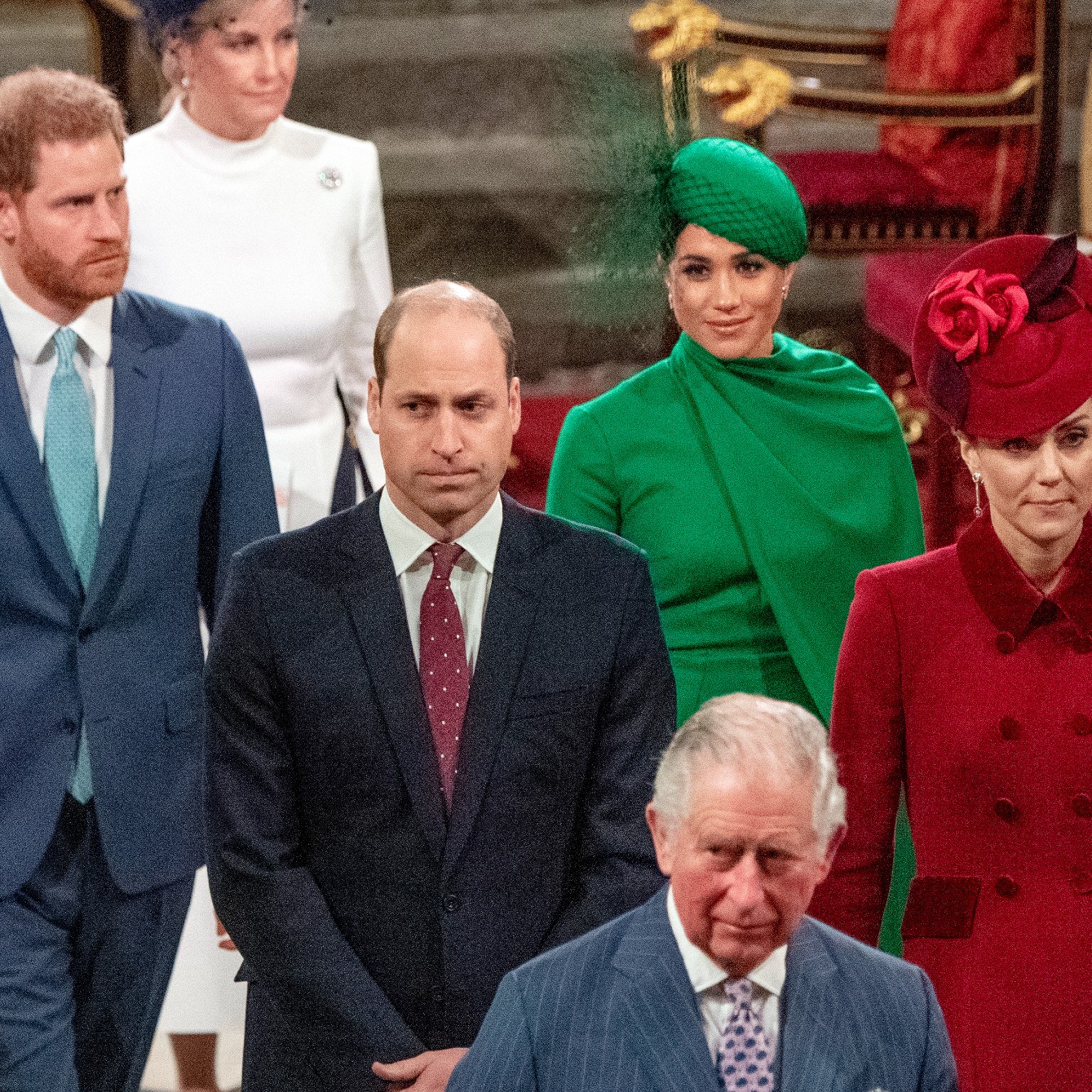
If 2023 started with an explosive book about the royal family—Prince Harry’s bombshell memoir, Spare, was released on January 10—then it will close with one, too, in the form of Omid Scobie’s latest, Endgame: Inside the Royal Family and the Monarchy’s Fight for Survival, out today. The book’s description calls it “a penetrating investigation into the current state of the British monarchy—an unpopular king, a power-hungry heir to the throne, a queen willing to go to dangerous lengths to preserve her image, and a prince forced to start a new life after being betrayed by his own family,” and says Scobie “pulls back the curtain on an institution in turmoil to show what the monarchy must change in order to survive.” It also asks the question, in the immediate aftermath of Queen Elizabeth’s 70-year reign, “This is the monarchy’s endgame. Do they have what it takes to save it?”
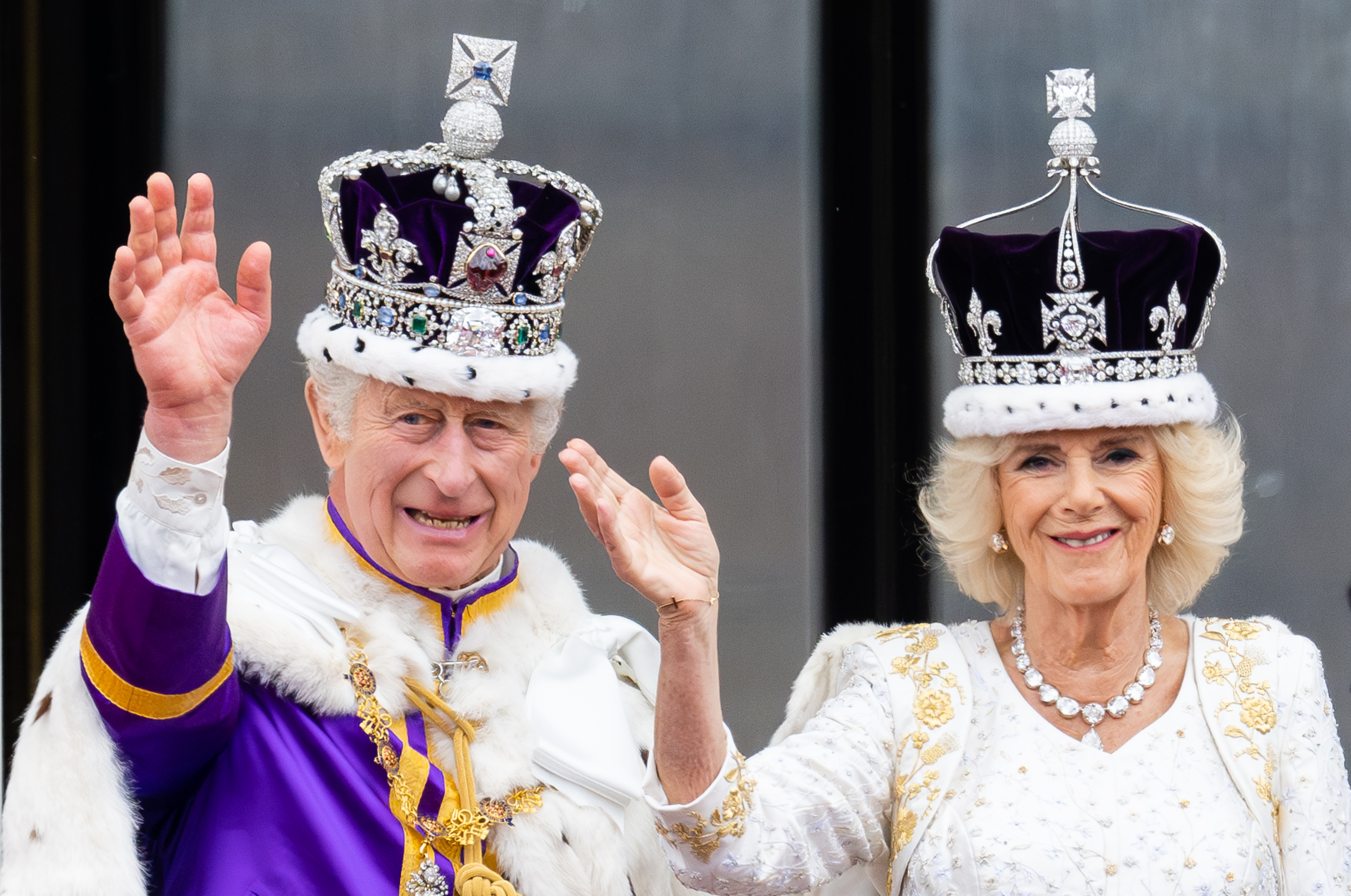
When Marie Claire spoke to Scobie about his second book—his first, 2020’s Finding Freedom: Harry and Meghan and the Making of a Modern Royal Family, was a New York Times bestseller he coauthored with Carolyn Durand—he made it clear that its not his desire for the monarchy to end, but maybe the monarchy as we’ve known it heretofore. It’s an institution he’s covered since 2011—serving as royal editor-at-large at Harper’s Bazaar, royal contributor for ABC News, and executive editor at Yahoo! News—an institution that needs to continually modernize to survive, he said, but also should look to the immediate past for inspiration: “We never saw the Queen [Queen Elizabeth] getting swept up into dramas and briefings and all the rest of it,” Scobie said. “She lived above the fray. They [current members of the royal family] literally had the best example for 70 years on the throne—and it feels like no one has learned from her.”
Scobie is aware that Endgame might be his last piece of royal reporting; that, after exposing so much in this book, his well might run dry. “I think that to tell a good story, one must shine a light in the darkest places, one must go to the most uncomfortable areas, and one must not prioritize their own relationships and connections for their own personal gain,” he said. “I think at a time where so many people across Britain and the Commonwealth are questioning the relevance and the purpose of the royal family, I wanted a book that would sit at the heart of it.” We asked him about whether he is biased towards the Sussexes, his opinion on King Charles’ first year as monarch, and whether the monarchy will survive long enough to see Prince George on the throne someday.

Marie Claire: We are quickly approaching the four-year anniversary of Prince Harry and Meghan Markle’s exit as working members of the royal family. What do you think the long-reaching implications of their departure will be?
Omid Scobie: I think their exit speaks to a few things. Ultimately, with the issues that Harry dealt with even before Meghan came, it highlighted the grim realities of being a family trying to operate as a corporation or an institution, and what someone like the spare has to go through. Whilst there are great benefits to having a royal family in Britain and across the Commonwealth, there is also an inhumane aspect to it, where we are expecting people to fulfill almost impossible roles, and we hold them to such a high standard that humans should never be held to. It wasn’t that long ago that they were seen as divine and above us, that they were of a different blood, that they were directly in line with God—and obviously that couldn’t be further from the truth. They’re normal people. In many ways, that’s what Harry’s story helps us reflect on. With Meghan, it’s as simple as there was this grand opportunity to take a step forward into a more modern looking Britain and the Commonwealth as an institution that very rarely has the opportunity to modernize in such a big way. Everything about her that was different and alien and should have been embraced was rejected or ignored—her pain, her suffering, was worth nothing. It’s very difficult to write about those things without being accused of the usual—that I’m protecting Meghan, that I’m defending her. This is not a story about whether she’s a good person or not, whether she’s likable or not, whether she understands the job or not. That is actually completely irrelevant. It’s how humans should treat human beings, and ultimately, the opportunity to embrace an American mixed-race woman, a half-Black woman entering the institution, did not play out in the way that it should have, and then, when confronted with where it all went wrong, the royal family and the institution doubled down. And that’s something that they still, to this day, have to deal with the repercussions of.
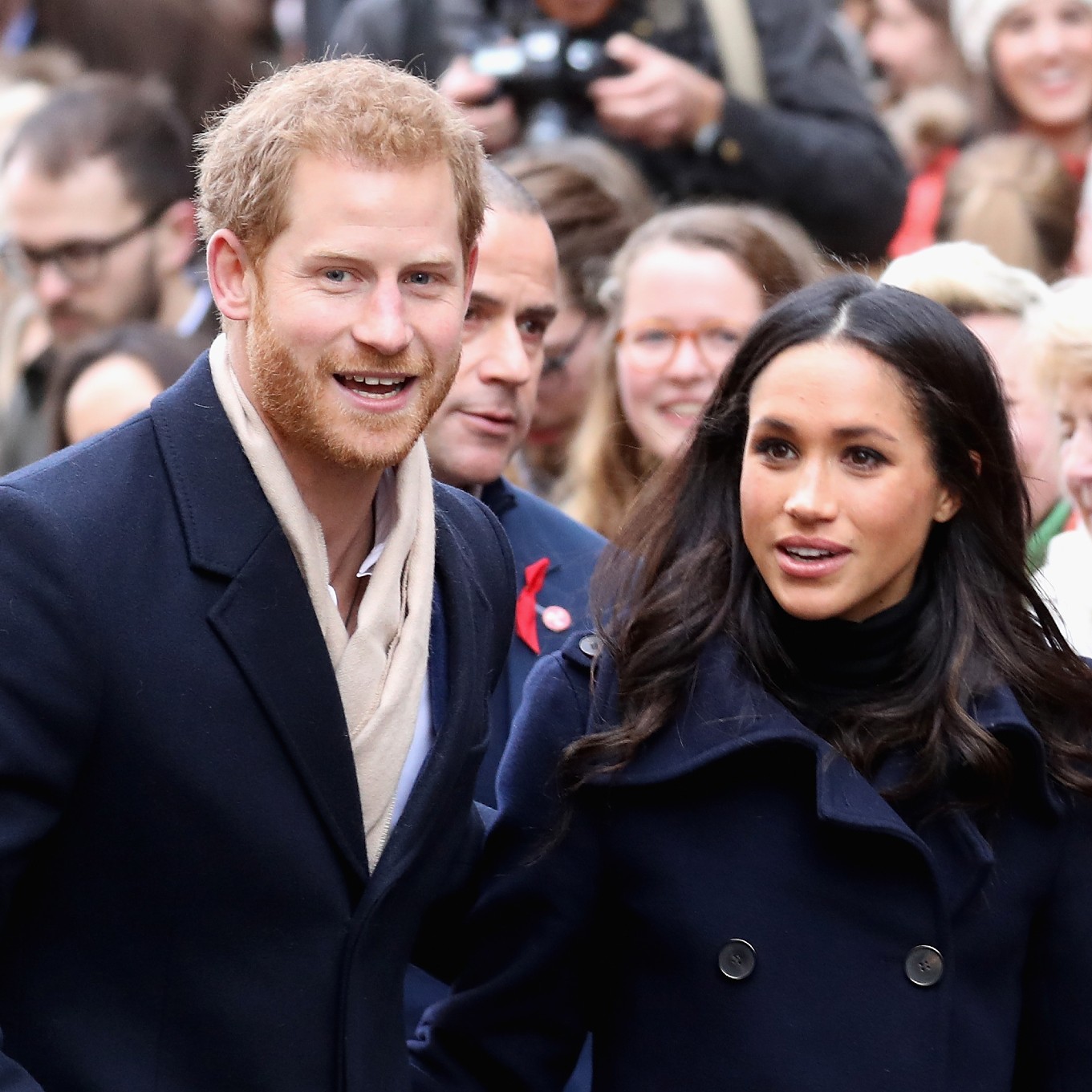
MC: What do you say to critics who say you are too biased in favor of the Sussexes?
OS: I wish it wasn’t this way. I see royal correspondents who have fantastic Camilla sources, or fantastic William sources, and they’re the first to break a story on the Waleses or whoever their main person is—because as a royal correspondent, you always pick your niche within the family. And I have never seen anyone else accused of being friends with, having a direct line to, so I find it very sloppy, and it’s obviously just completely untrue. And I can keep saying that until I’m blue in the face, and a lot of people just won’t believe me, and I’m okay with that. I’m at peace with that.
In the book, I am critical of the couple and some of the decisions that they’ve made, things that haven’t quite worked out how they wanted [them] to. But at the same time, I genuinely felt, especially in those early days, regardless of whether Meghan was likable or not, the treatment of her, be it in the institution or the press, was abhorrent, and I felt very alone in pointing that out. And the result of it is, of course, all the things I’m accused of today.
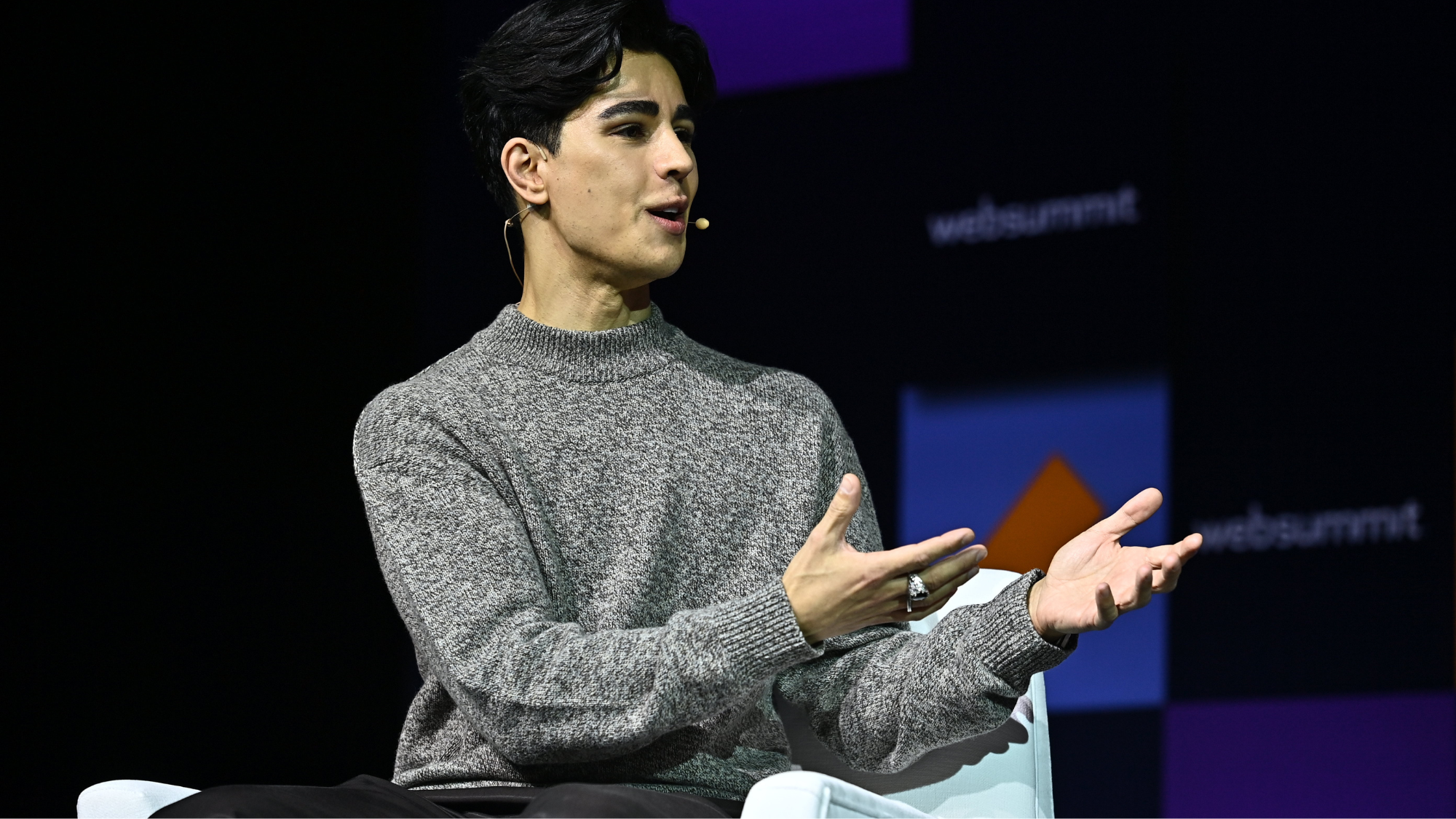
MC: You write “Parts of this book will burn my bridges for good. But to tell the full story, there’s no holding back. Not anymore. We’re in the endgame.” Do you really see the monarchy’s demise in the near future? Do you see William on the throne? Do you see George on the throne?
OS: Of course, I see William on the throne. To call the book Endgame isn’t to say that “the end” is going to be the end of the royal family—but I do think we have reached a pivotal moment in time where there could potentially be the end of the royal family as we know it.
I do think that we’ve found a point after the death of the Queen and in light of all of the things that have happened in recent years where we have to look at the royal family and think, “This family that once was the perfect example of the traditional British family values—do they still hold those values in the way that they did 50 years ago? Does our Head of State still represent the same set of morals and ethics that our former monarch that was on the throne for 70 years [did]? Does the conduct of senior family members match up with what is expected of the royal family and what we once held the royal family up to?” To ask those questions, one must give examples, and the only way for me to do that was to report on this completely fearlessly. So if something is going to have me completely iced out for the rest of my career, that’s okay.
So, in terms of the monarchy and whether George will one day be on the throne, no doubt these things will happen. But what will it mean when George sits on the throne? Will they still have the same prominence and importance in Britain and our society?
I do think we have reached a pivotal moment in time where there could potentially be the end of the royal family as we know it.
Omid Scobie
MC: If anything could change based off of people’s reading of this book, what would you want that to be? It sounds like you don’t want the demise of the monarchy—that doesn’t seem to be what you’re after—but if this book could spark a conversation or a change, what would that ideally be for you?
OS: You say part of it already—I do want this book to spark conversation, conversations that we haven’t necessarily had about the royal family before. I do feel that, since the Queen’s passing, we feel a lot more comfortable having these conversations. Why not write something that could potentially sit at the heart of those? I certainly have no agenda in terms of wanting one thing or the other with the royal family. I’m not an anti-monarchist. I’m not the things that I’m often accused of being. I actually care about the importance of any establishment that sits at the head of the state of a country that I was born in. I’m a British citizen—these things matter to me deeply.
I think the most important thing for the royal family to really help them move forward is accountability—accountability on every level. So, whether that’s the way in which the royals spend their money—you can’t in one breath take away Frogmore Cottage from Harry and Meghan because you’re supposedly downsizing the amount of royals living in reduced-rate property, but then have Prince Andrew still living in a 30-room mansion. You can’t talk about slimming down the monarchy and still use 50-plus private helicopter rides in a year to go from one house to the other, in Charles’ case. You can’t talk about the history of the royal family and slavery in abstract terms like we’ve seen Charles do, most recently in Kenya. One must address it face on.
I think for as long as the royal family continues to bury their heads under the sand and sweep things under the carpet, they’re going to find themselves facing the same criticisms and same challenges over and over again.
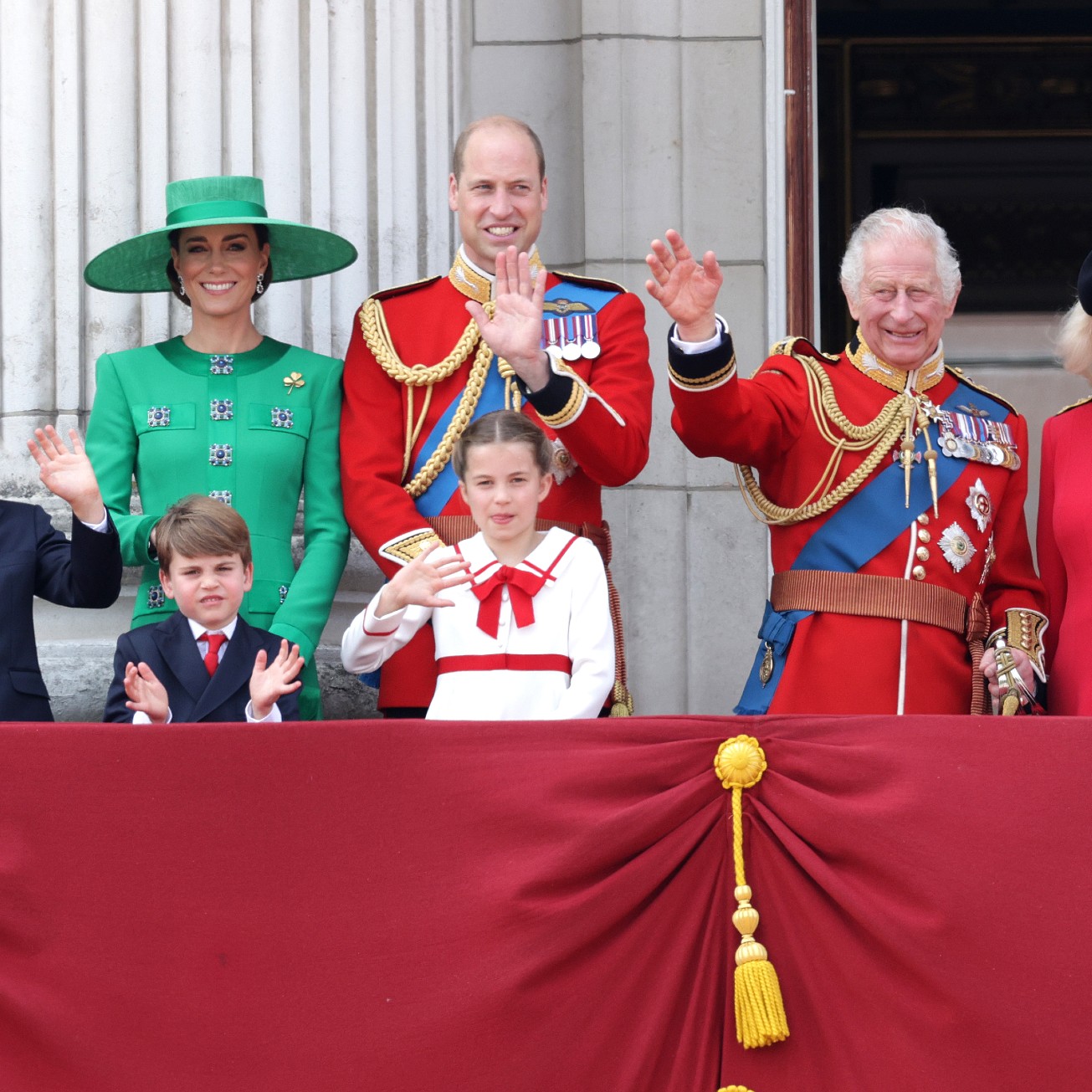
I’m not an anti-monarchist. I’m not the things that I’m often accused of being.
Omid Scobie
MC: Do you think the royal family is a racist family?
OS: I don’t think the royal family is a racist family, because you can’t judge an entire group of people based on the actions of a small minority. But I think that the royal family has a huge race problem—attitudes towards race and racism, attitudes towards white privilege, attitudes towards the past of the royal family, and how important that is to address. There is often a kind of dismissiveness about the opinions of those from minority backgrounds and minority communities that is a little disturbing sometimes to see.
Even with Meghan, rather than listen to her, they wanted to shut her down. I think that in itself—even someone who had gone as far as becoming a working family member themselves—still wasn’t heard in a way that would be appropriate and respectful, particularly when it comes to the issues about race. I say in the book that there were two members of the royal family that were involved in those conversations about Archie, and one of them has still not addressed it with Meghan. That kind of arrogance in itself is worrying.
MC: What do you think really happened with the Frogmore eviction? Was it retaliation for Spare, as has been suggested?
OS: How could you not think that? Despite the fact that sources in Charles’ camp insist that this was simply him wanting to reconfigure…I do agree that [living in royal properties] should only be a perk for those who are actually doing the job full-time. I think there are a whole slew of royals that aren’t doing the job but still have access to those perks, but I think that there was a hypocrisy there, because it was only activated for Harry. We still have Andrew living in the home that he was before [Royal Lodge], despite the fact that he was asked at one point to move out, that he was even offered Frogmore, and when he was resistant to it, no one fought back, and he has been left to continue living in that place. So, it’s impossible not to look at that situation and think that there was a pettier aspect to it, that this was just another kick to Harry—one of many.
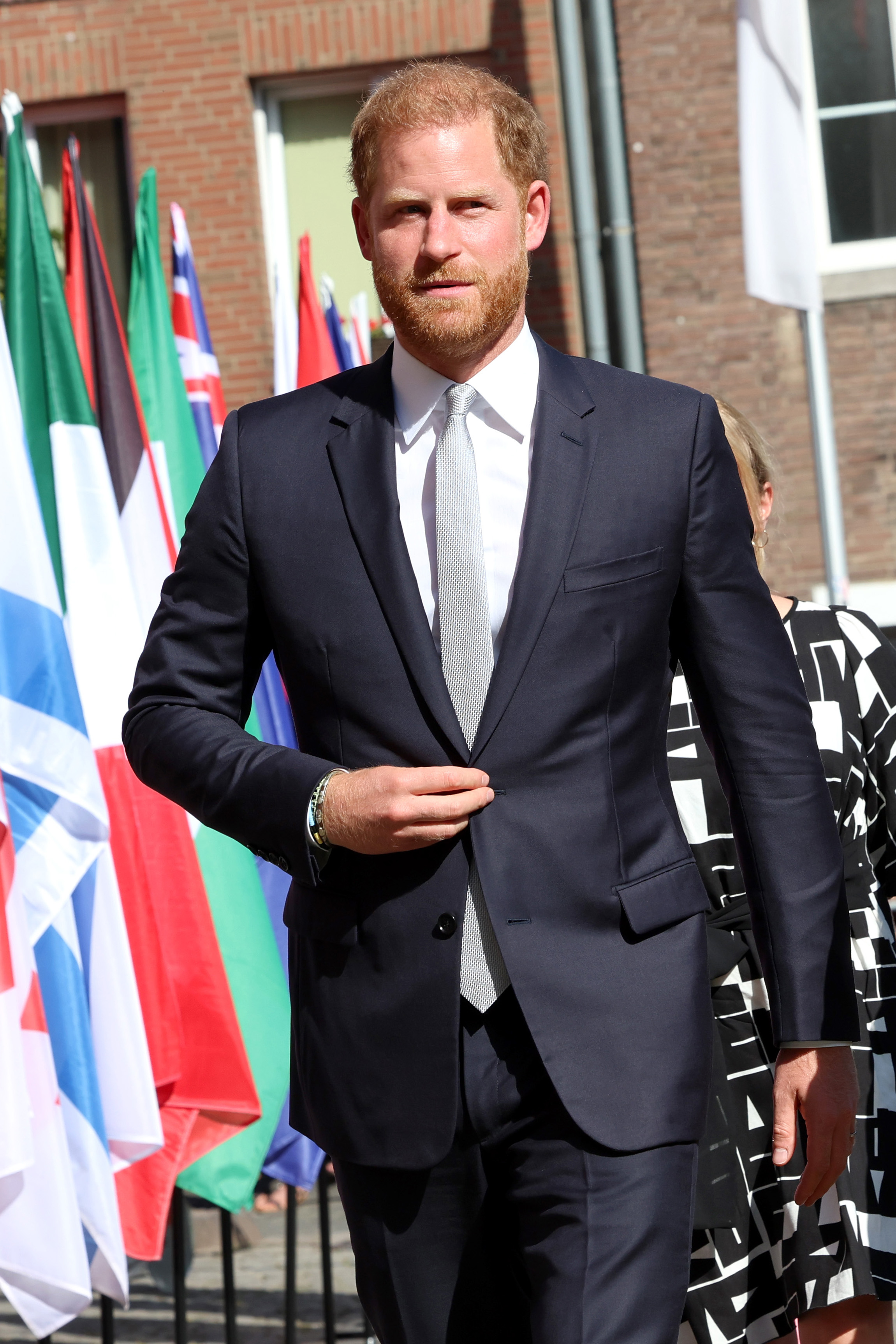
MC: Speaking of Andrew, the King is, according to the book, providing him financial support—seven-figure financial support at that, and for his security—but not Harry. And then we have the Queen’s death from Harry’s perspective, which is jarring. What did you think when you heard this?
OS: It shows how much, or little, of a priority Harry is to the family at this point. The fact that he wasn’t on that plane flying over with the rest of his family members—despite his desire to be so—shows just how cold the feeling is towards him, again, just for simply speaking out, and speaking about things that weren’t lies. They were just things that the family didn’t want to address, either in private or publicly This kind of continued punishment of Harry doesn’t do the royal family any good. It doesn’t show warmth. It doesn’t show heart. It doesn’t show maturity in just being able to rise above the noise and focus on the things that matter. And in that moment, what mattered was family. And even in the sad circumstances of the Queen’s soon-to-be passing, they still couldn’t get it together.
I’ve seen people say, “Why should it be all about Harry when the Queen was dying?” It wasn’t all about Harry. It was just a grandson that wanted to be there and be a part of it and not feel left out.

MC: How do you feel Charles has done in his first year?
OS: It’s like someone taking over as CEO of a company after the previous CEO has been there for decades. You could only come in and steer the ship in the right direction and keep things going; it’s not the time for radical changes, it’s not the right time for anything other than just keeping it going, and I think that he’s done a great job of doing just that since he came in.
I think his greatest achievements, even at the end of his life, will still be what he achieved as the Prince of Wales, which was really when he was able to be radical in his approach to environmental advocacy and so on, and it’s what he’ll be remembered for. But I think, in terms of continuing his mother’s work, he’s doing a good job.
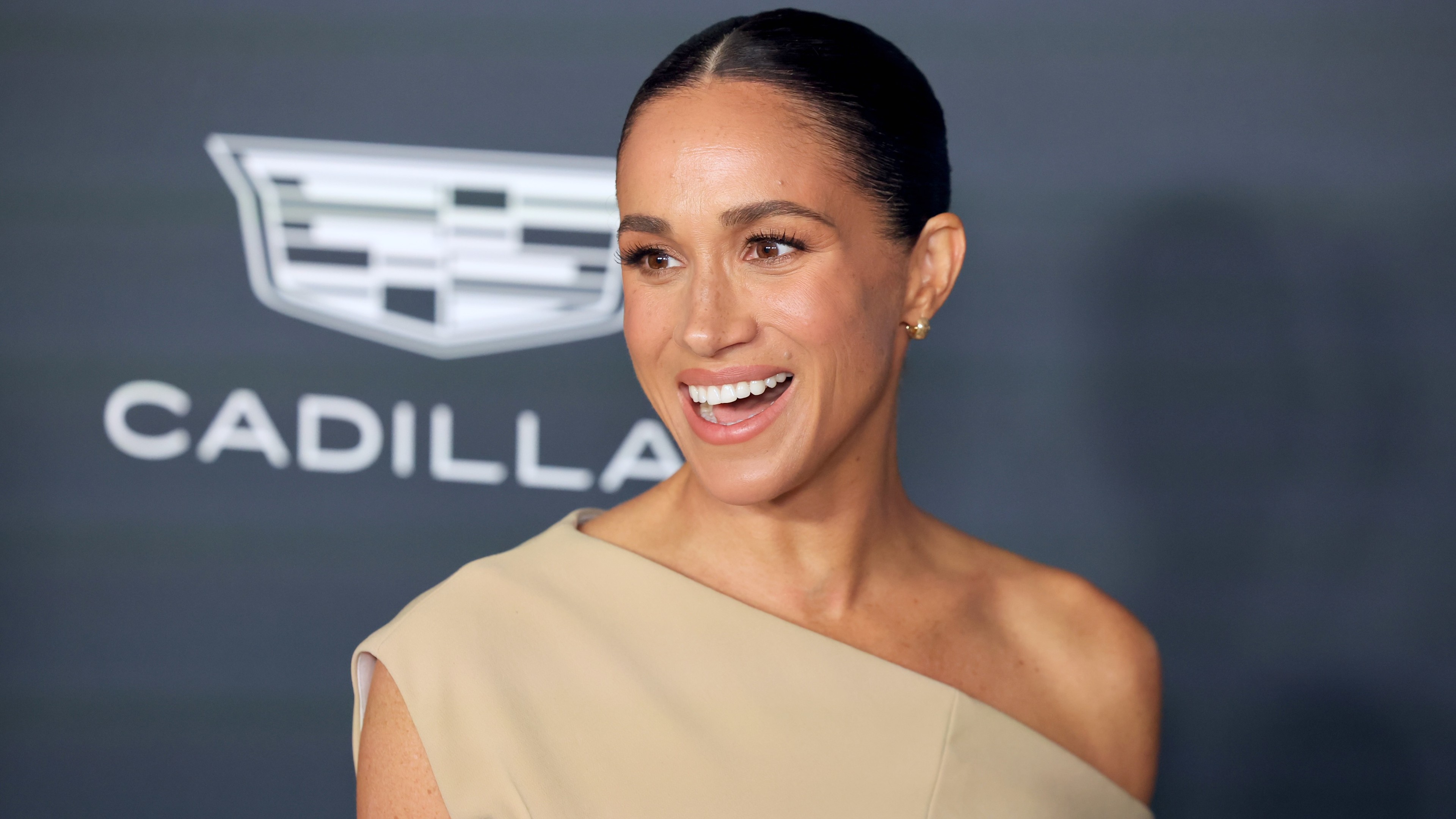
MC: What is the biggest missed opportunity in the royal family right now?
OS: I hate to be a broken record, but the biggest missed opportunity was Meghan. Ultimately, this is a business at the end of the day. You don’t need to like who your CFO is or who your VP is—you just need them to do a good job. And she was able to do the work. We know she was able to activate great projects and see things through and see tangible results, and, ultimately, that’s all you need from a member of the family. It doesn’t matter whether she is likable, unlikable, fun to work with, annoying to work with. None of that stuff is relevant, because it’s ultimately about supporting the one thing that they should all be there for, and that’s the Crown itself. And that was the one thing that she was willing to sacrifice everything for. What a waste. What an absolute waste.
Her departure is so much more than “Good riddance to the annoying Sussexes.” Her departure is also the one person that represented diversity and inclusion and representation in the institution of the monarchy, and they don’t have that anymore, and I don’t see anyone anytime soon bringing that to the fold.
This interview was edited and condensed for clarity.







